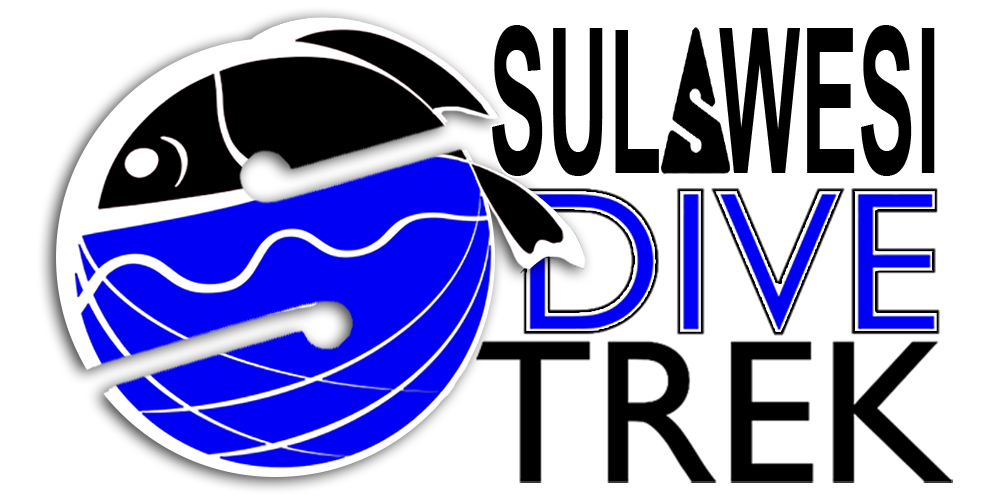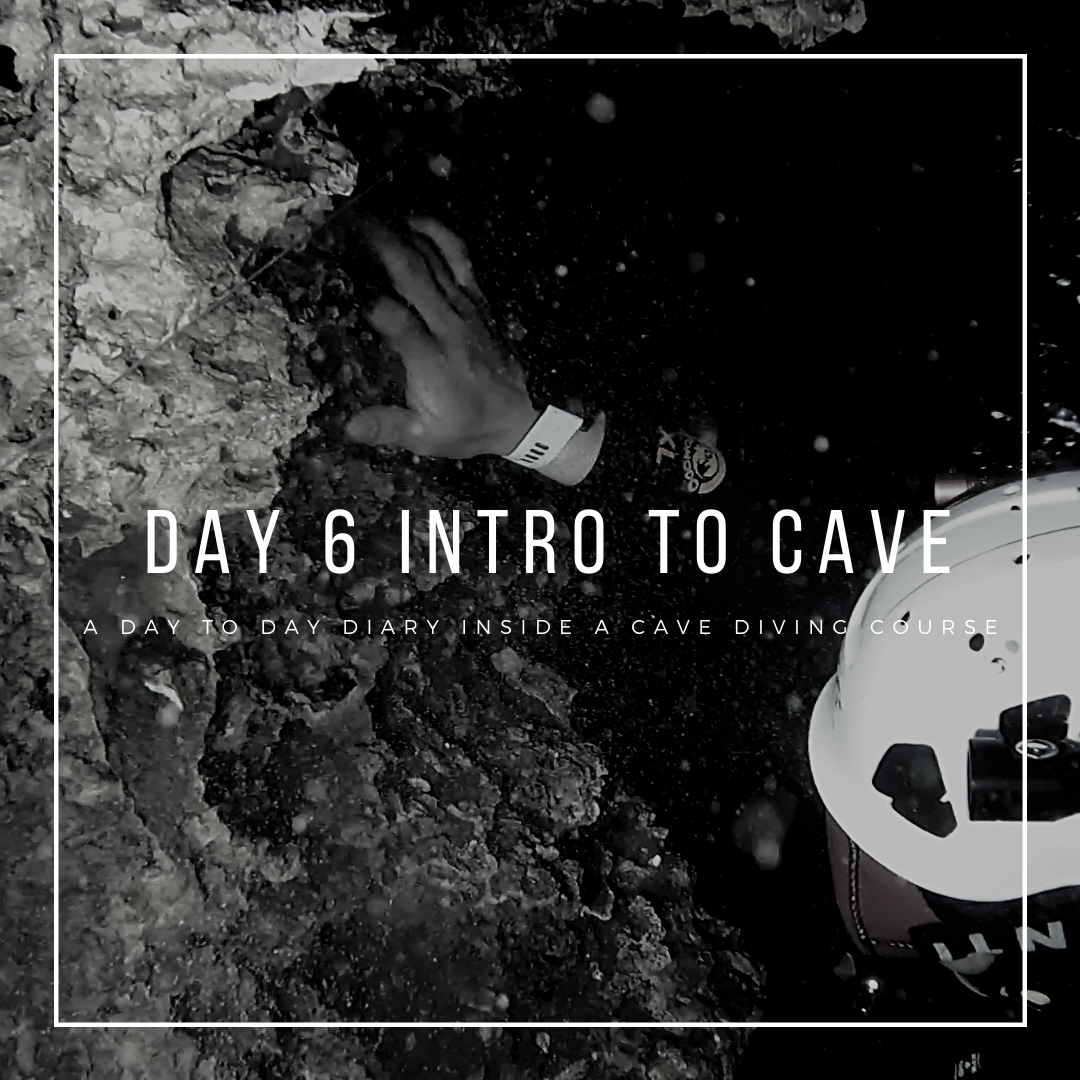Day 6 Introductory Cave Diver.
Location: Wangi-Wangi Island, Wakatobi.
Cave: Goa Kontamale to Teekosapi
Dive time: 159 minutes
Accumulated Dive time: 899 min
Today is all about planning. I am going to give my students a pretty complex plan to follow and see how they can perform a dive and stick a predefined plan.
But before that, I wanted to spend some time talking about a hot topic in cave diving: Accident analysis and prevention.
Accident analysis has been one of the engines of the establishment of a standardized cave diving training over the past twenty years. The protocols and equipment we are using now are not the same that they used to be and the sport evolved a lot. This being said, equipment and protocols may have changed but caves still are caves and they have their inherent risks that will never change.
So how did accident analysis enhanced safety for cave divers? Long story short: we find root cause in an accident, link that to a rule violation and try to find a way to avoid this violation or improve the rule.
Talking about accident is the best way to ingrain the idea in student mind’s that cave diving is a risky activity, but that those risks can be mitigated by following and sticking to the rules while being conservative enough that even if we f*** up (and we will) we can make it alive. It is not about being morbid and dark but about learning about other people mistake in order to not reproduce them.
From this day until the end of the course we will try to read one accident report every day and discuss about it, the root cause and what could have been done to avoid it.
It is really a interesting subject that should be IMO emphasized by every single cave diving instructor. Reading and analyzing those reports are a must in order to increase team’s safety. As is sharing your own mistakes.
Myself as an active instructor and cave explorer I can proudly say that I did a lot of mistakes and survived them all. I have the experience of the fuck up and I am not ashamed to share those to my students. I am not ashamed because I know I am human and I know also that even though I did those mistakes, I have put efficient safety net and reserve in all my dive planning so I can be here to talk about it.
This culture of sharing is what will drive the cave diving community toward a safer practice and that start here, in the cave diving course I teach.
After this quite intense discussion we jumped in to the skill of the day : Lost line. Probably the most challenging one.
Just a quick resume about it: you have lost the line (can be for many reasons, all mostly pointing toward lack of awareness) and now you’re alone, in the dark, no visibility and no line in your hand. Bummer! But not all hope is lost. First of all remember that you’re a safe and conservative diver and your gas reserve is more than enough to face any challenge. That’s a good start. Now remember also that you’ve learned in your quality cave diving course how to react in this particular situation. Just launch the lost line protocol and you’ll be fine.
To give you a brief insight about it, lost line protocol consists about using a spool, create a reference on the bottom from where you will start a thorough search pattern that you will cook in this impressive brain of yours while remembering how was the cave at that moment of lost line, where you think you are positioned, where do you think the line etc. All those information that you’re supposed to constantly register about you, the line and the cave, are going to be very useful for your survival. The search pattern will be done with your spool and, if thought and done properly and methodically, you should find the line at some point, bingo!!!
We tried this drill on-land to discuss the option of search but the truth is in the in-water practice.
After that we started to plan that infamous dive. I gave a complex plan to my students to follow. This plan consisted of several actions to be performed during the dive. The point was not really to do or realize something specific but assess their capacity to stick to a plan, to discuss it, to plan it, to share it and to execute it. The key to a proper realization is communication. This has been a weakness for the team on the past few days and I wanted the day to be focused on that: communicate clearly and efficiently underwater. It is ok to forgot some part of the plan, this happens, but you should be able to communicate with your buddies and actually say what you have to say even underwater. And that is the complicated part. If the communication is not clear, misunderstood or misinterpreted then the plan goes bad.
When the plan was understood it was time to dive.
We spent almost three hours underwater and executed the plan as planned. Lot of mistakes were made but as usual they will be the base for debriefing, discussion and improvement. As said in the human diver course (a must read for all divers and instructors) “We can only get better via feedback…the performance of the system is based on how rich the feedback system is.”
And I tend to think that the debriefing and feedback part is one of the main things in my courses.
On the way back from the complex dive we had our fair share of out of air, no visibility and the infamous Lost Line drill. 50% of the team managed to get it done, next half will surely success on the upcoming dives. Failure is a milestone in the path of success.
We review the whole dive every day right on the spot. Based on every single member opinion about the performance of the diver or the team. I then add my own analysis as an instructor followed by review of all videos and every single mistake I have noted on my wet notes. The debriefing can last from one to two hours and that’s where we will capitalize about our day and make the next day better.
A very complete day today. It was our last in the famous Wakatobi archipelago. No hesitation the best place in Indonesia for entry level cave courses. Tomorrow we will move to Buton in order to find more complex and long caves in our path to become cave diver!!
If you missed it you can read Day 5’s report here:: https://www.sulawesidivetrek.com/index.php/2022/04/27/day-5-introductory-cave-diver-course/
List of all IANTD Courses, visit the IANTD Website : https://iantd.com/index.php/en-us/courses/iantd-ice-cave-mine-wreck-diving/


0 Comments
Trackbacks/Pingbacks